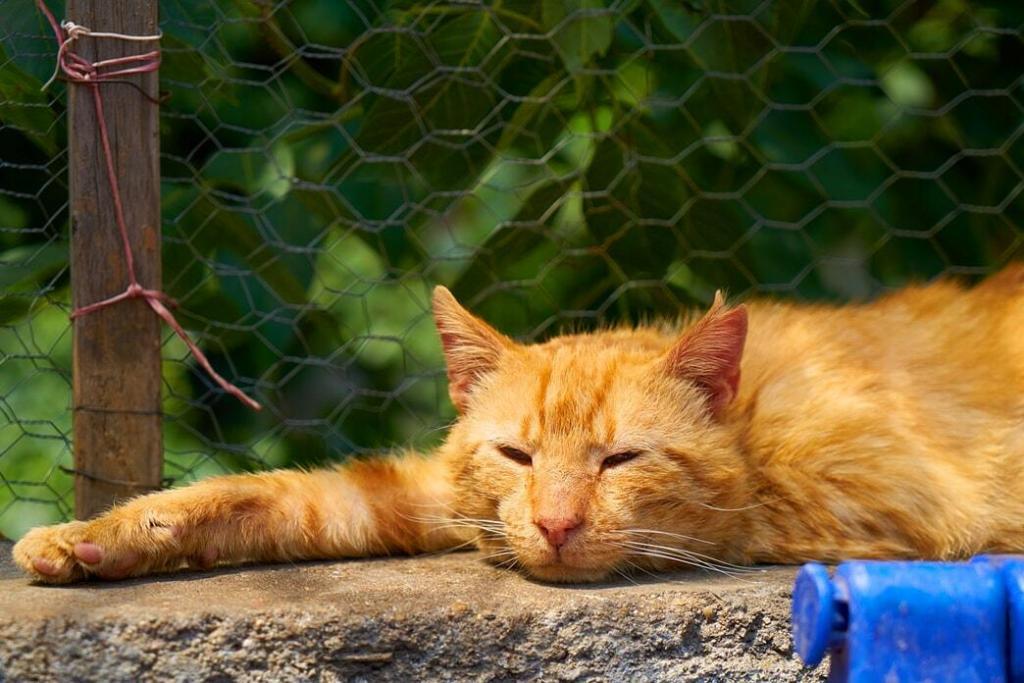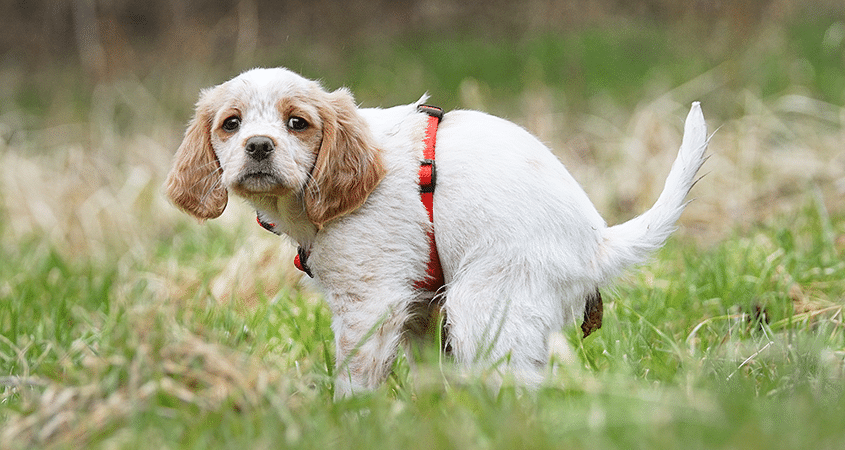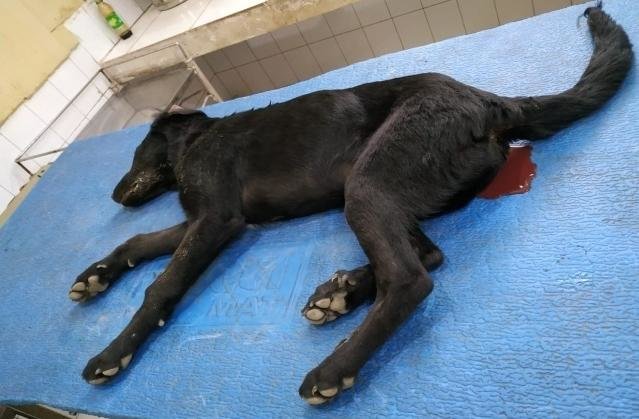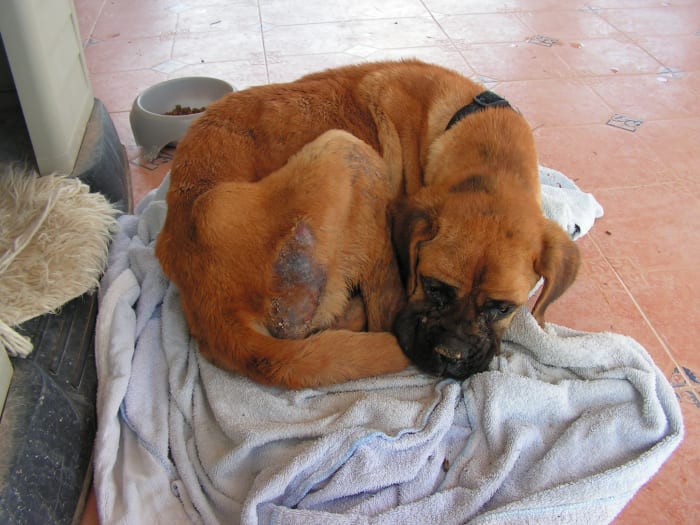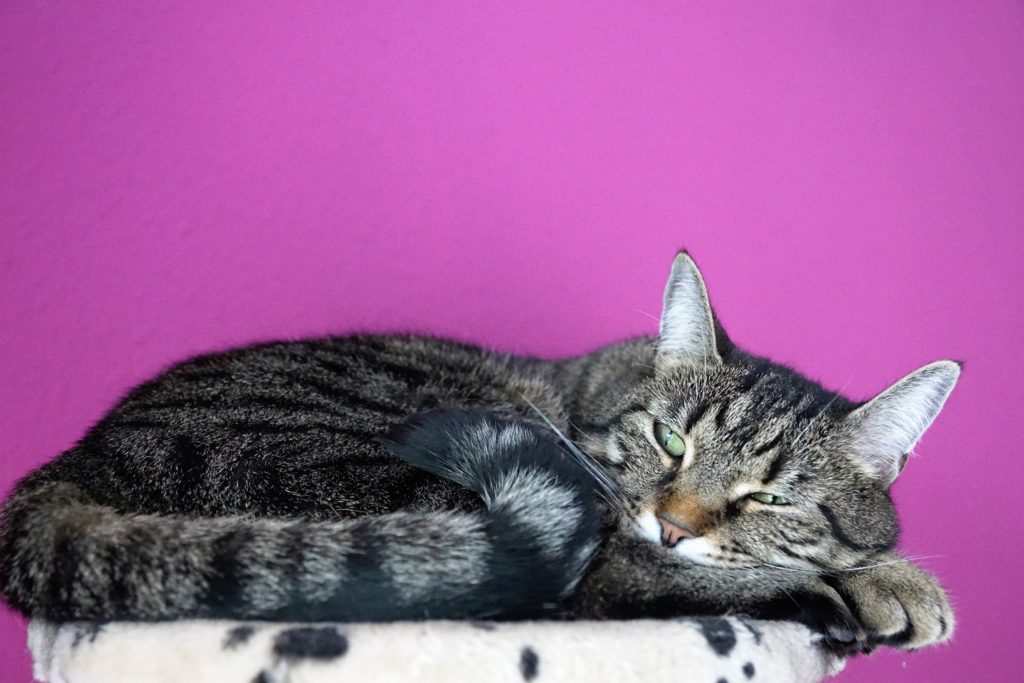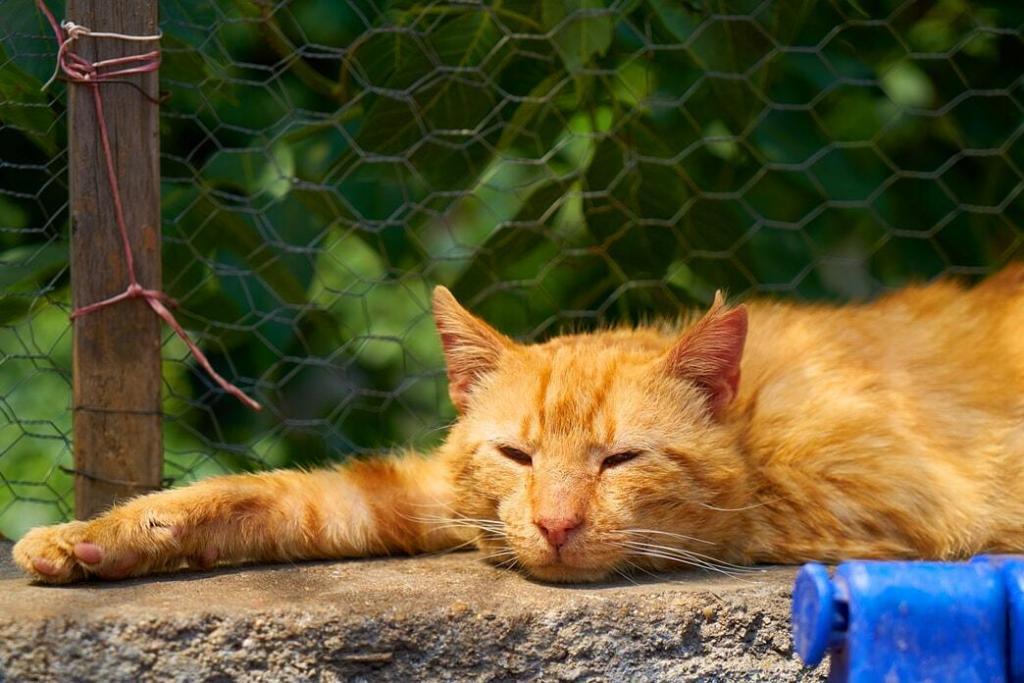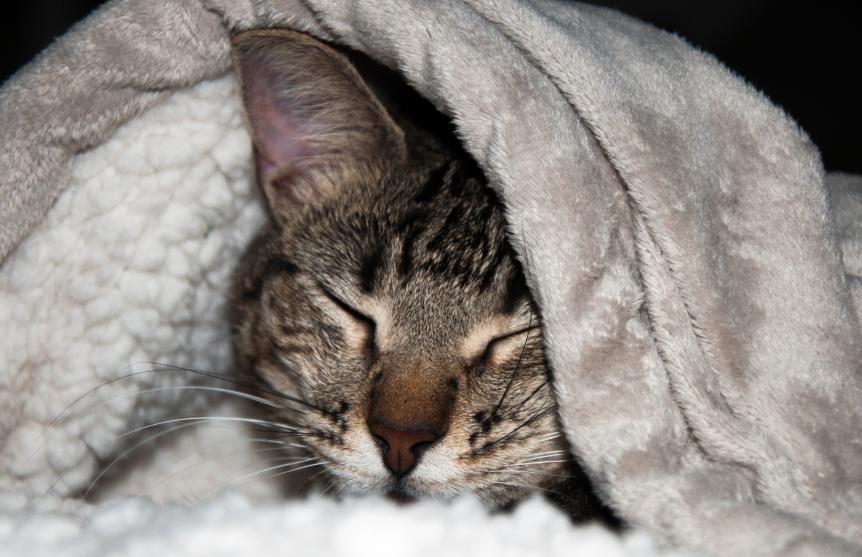Nutrition plays a significant role in a healthy cat stool. Poor nutrition may lead to chronic diarrhea, cats with diarrhea may suffer life-threatening if not treated promptly.
Diarrhea is a stool that is softer, looser, or more watery than it usually is. Cats with diarrhea may defecate more frequently than usual, have accidents in the house, and may pass blood, mucus, or even parasites in their feces.
Diarrhea can happen all of a sudden, or it can come on gradually. It can involve slow-moving, bulky stools, or watery and frequent bowel movements. There are many causes of diarrhea, and consequently, many ways to treat it. Diarrhea is uncomfortable and inconvenient for your cat.
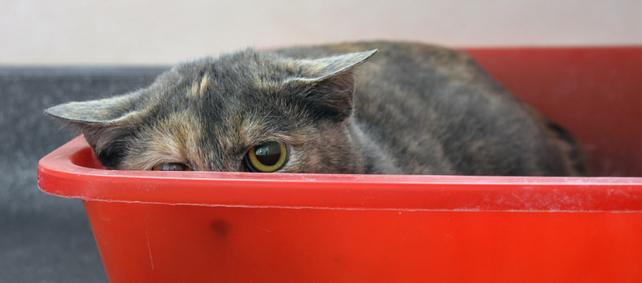
Diarrhea is a symptom of an underlying problem with the gastrointestinal tract. The most common cause of diarrhea is osmotic diarrhea, which occurs when something causes the intestinal tract to absorb too much water in feces. Diarrhea associated with motility problems occurs when intestines contract too much or too little.
Diarrhea results from gastrointestinal ulcers or leaky gut syndrome which brings about intestinal permeability problems. Secretory diarrhea occurs when a cat is exposed to toxins from bacterial infections. It is not uncommon for a cat to have more than one cause of diarrhea at the same time so it is important to take all factors.
Symptoms of Cat with Diarrhea
Diarrhea is characterized by the following: Mucus or blood in the stool, Worms in the stool, Accidents in the house, Defecating with increased frequency, and Straining to defecate, Nausea or vomiting, loss of appetite, tiredness or weakness, abdominal pain, and weight loss.
Types of Diarrhea
Diarrhea is characterized as being acute or chronic. Acute diarrhea is a sudden onset of watery stool that lasts for less than two weeks, while chronic diarrhea lasts for two to three weeks or longer. It is sudden and short -time. While chronic diarrhea is a serious condition because it can lead to life-threatening health problems. Long-lasting, hard-to-treat diarrhea that does not respond to treatment is often the result of a number of different factors and typically requires multiple treatments for full resolution.
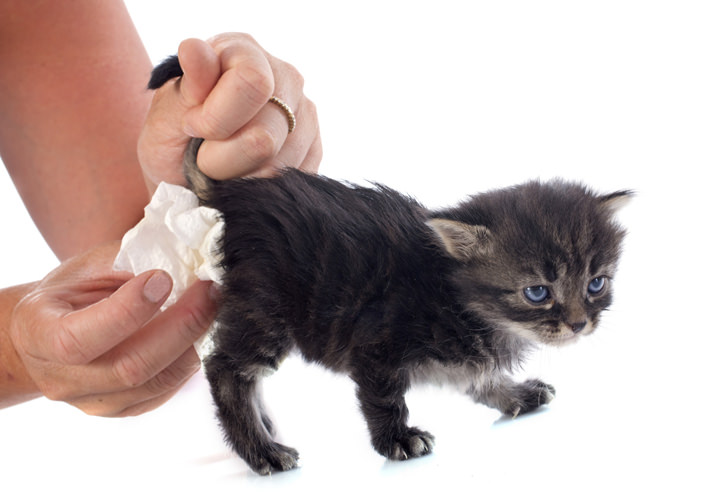
Diagnosis
If a cat has unresolved or bloody diarrhea, he requires a complete physical exam, an oral history of the problem from the owner, and laboratory testing of a fecal sample. This may include fecal flotation, other fecal tests and blood, and urine analysis. Other tests may include x-rays, abdominal ultrasound, tests for pancreatitis, a biopsy of the intestines.
Prevention of Diarrhea
In order to prevent diarrhea, controlling underlying diseases such as pancreatitis, irritable bowel syndrome, hyperthyroidism, or food allergies in your cat with appropriate medications and prescription diets as recommended by your veterinarian must be done. Do not make sudden diet changes or give your cat human foods or rich or novel treats to avoid cases of acute diarrhea. Proper hygiene must be maintained also.
Cats with Diarrhea Treatment
Cats with diarrhea can be caused by many things, including infections with bacteria, viruses, or parasites. The severity of diarrhea depends on how much liquid is present and how much blood there is. Cats with diarrhea that is mild may be managed by feeding a diet that contains low amounts of fat and easily digested food, either home-cooked food or a commercial diet that can prevent diarrhea.
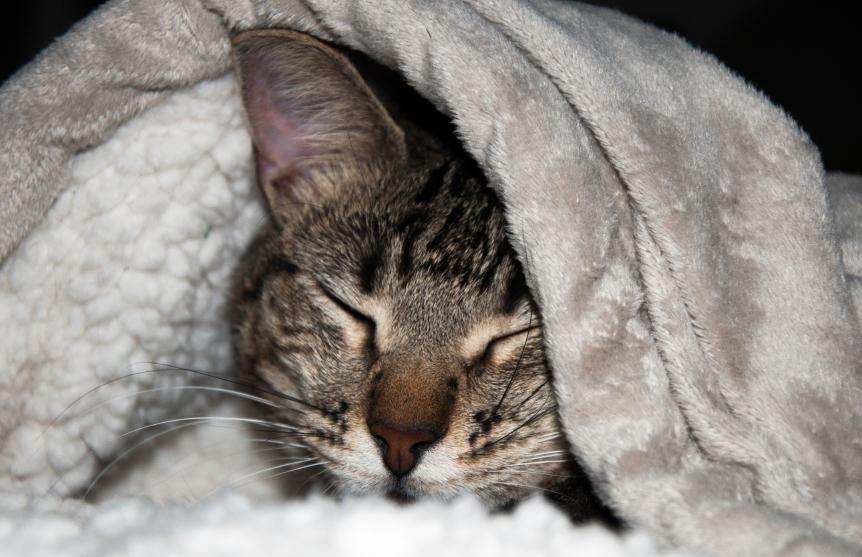
While cats with diarrhea may be less likely than dogs to get diarrhea, some can still develop this condition. A feline-specific probiotic supplement may help prevent or treat diarrhea in cats. If your cat is on a prescription diet for gastrointestinal issues, you should follow the instructions on the package carefully, as these diets are specific to each individual cat.
Chronic diarrhea cases in cats with diarrhea are usually treated with special meal plans and medications, or nutritional therapy. In many cases, your veterinarian will recommend nutritional therapy for the rest of your cat’s life to help maintain proper digestion as a preventative measure against reoccurrence.

